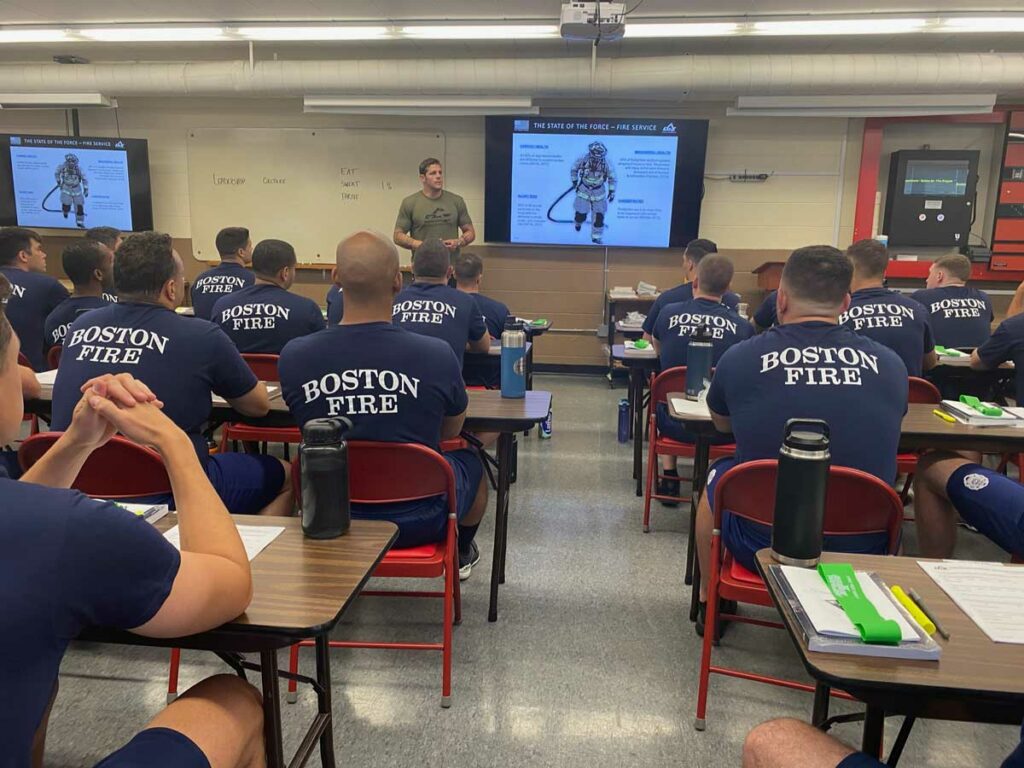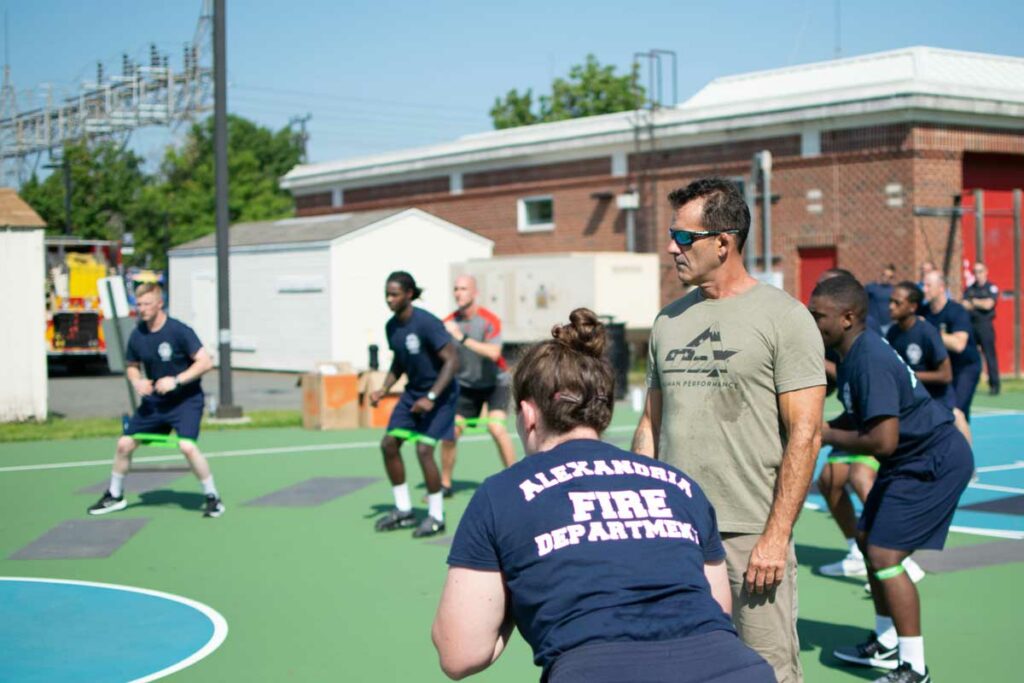Fire department culture—both highly over-recognized and yet unattended to

By Alex Othmer
via O2X
The idea of culture comprises almost all human activities. Nothing important truly escapes the limits of culture. Culture has taken many forms and meanings throughout our history. Up until the mid to late 20th century, culture had largely been used to characterize societies and civilizations through ethnic, territorial, and racial bounds. Cultural history examines and evaluates the evolution of human civilizations by highlighting the different unique lifestyle choices made by a given population. Moreover, cultural history is the culmination of previous cultural activities, such as rituals, class behaviors, and environmental interface. Today, we employ the idea of culture in more modern settings. Put simply, culture has become a sort of buzzword. Specifically, the modern workplace environment has taken culture as its hostage; whether it’s the military hierarchal construct, politics, corporate America, or our first responder communities: culture is to blame when things go south and, on the contrary, invisible when things are running smoothly.
- What Is the Culture of Your Fire Department?
- Firefighters and Accountability: The Victim Mindset and Fire Department Culture
- Safety, Accuracy, SPEED: The Forging of a Fireground Culture
- Mission-Driven Culture: A Path to Success
There is a very good reason why culture has taken a front and center seat in the modern workforce. Culture has earned itself strong, statistical relationships with employee burnout, turnover, and engagement, and is recognized as a primary marker for organizational internal and external identity. Culture is representative of the collective morals, values, and ethics of an organization and acts as a safety net during troubled times. We all are guilty of “derailing” at times; culture keeps us on track, ensuring that expectations are met and guiding principles are adhered to.
After serving as a Navy SEAL for almost nine years, I spent a brief but intense career working in corporate America as a leadership consultant, where I embedded myself in a variety of workplace environments with the overall objective of addressing cultural and leadership challenges. As part of this career, I contracted as a human performance specialist at O2X, a first-class organization focused on optimizing the occupational performance and health and wellness of military service members, first responders, and federal agents – tactical athletes. Part of the curriculum that I taught was largely centered on culture and leadership. During this time, I visited dozens of first responder, federal, and military agencies and worked with thousands of individuals, which afforded me the opportunity to gain a well-rounded knowledge of many cultures from different walks of life.

To no surprise, almost all cultural aspects of the first responder community resembled that of corporate America, the federal space, and the military. Absent small, idiosyncratic differences, I accrued three of my very own universal truths on culture, which in theory, all apply in a corporate setting, at a firehouse or police department, and in the SEAL teams. For practical purposes, I’ve refined three actionable recommendations from these truths so that those reading can benefit.
Truth: Leaders embody the culture.
For better and for worse. Of all the organizations and agencies I’ve worked with, the senior leadership is the best indicator of the culture in which they lead.
Recommendation: The more closely you (a leader) embody cultural expectations, the more contagious those expectations are. If you want to instill a culture of prioritizing health and wellness, then you better not be overweight, out of shape, and emotionally wobbly. Invest in resources and opportunities for you AND your people and set the stage for success.
Truth 2: Leadership sets expectations, and the individual meets those expectations.
Although leadership is responsible for establishing and maintaining cultural expectations, the individual is the one who adheres and, in turn, validates those expectations.
Recommendation: Empower the individual, no matter the position in the hierarchy, to take ownership and accountability for the culture. Emphasize the importance of the individual and that person’s role as a stakeholder in this process of cultural optimization.
Truth 3: Culture breeds itself.
Culture multiplies under any and all conditions—you can never stop it, only redirect it.
Recommendation: Culture doesn’t age like fine wine. If left unattended and unchecked, culture will dissolve itself into chaos—entropy shall ensue. Prioritize your culture, study it, characterize it, monitor it, and always check its temperature, for culture can be your greatest ally or most feared enemy.
No matter the circumstances, leaders always have the greatest control over culture, both through action and inaction. If you’re a leader and are currently embroiled in a cultural disaster at work, please take a deep breath and relax; there is no complex mathematical equation that you must solve, expensive equipment that you must procure, or reliance on some wave of a magical wand. You simply must be the culture you so deeply desire. It starts with you.
Alex Othmer is an O2X lead instructor. Alex attended the United States Merchant Marine Academy, earning his bachelor’s degree in nautical science and U.S. Coast Guard Third Mate Unlimited Tonnage License. Upon graduation, Alex commissioned as an Officer in the U.S. Navy where he served as a SEAL Operator. He holds a master’s degree in psychology with a concentration in leadership from Penn State University and is the co-founder and executive director of Guardian Revival, a 501(c)(3) Not-for-profit Organization chartered to support first responders and veterans.
O2X Human Performance provides comprehensive, science-backed programs to hundreds of public safety departments, federal agencies, and the military. O2X works with clients to elevate culture, improve mental and physical wellbeing, support healthy lifestyles, and reduce healthcare costs associated with injuries and illnesses. Driven by results and cutting-edge research, O2X programs are designed and delivered by a team of Special Operations veterans, high level athletes, and hundreds of leading experts in their respective fields of human performance.

